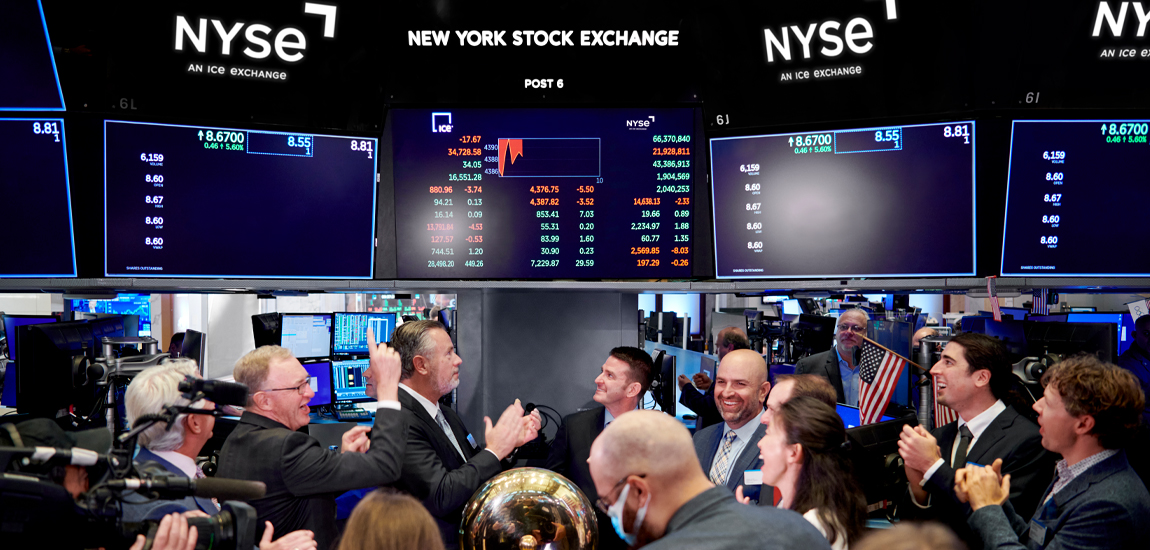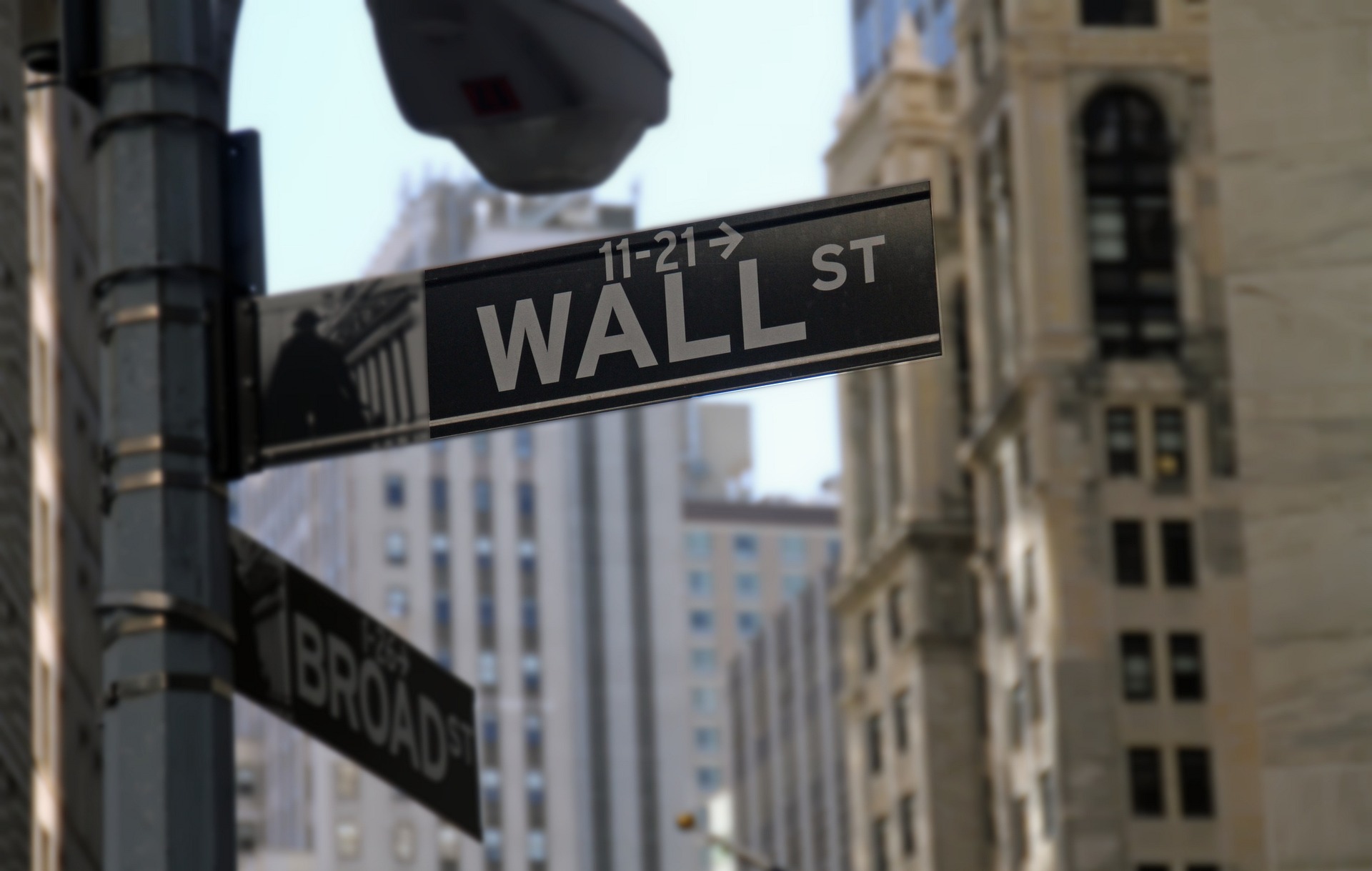Результаты работы фондов и стратегий за ноябрь 2024 года

Andrei Movchan
Dec 17, 2024ALL RIGHT
Ноябрь в международной политике и экономике вызывает в памяти американскую детскую шутку про политика: «Q: If a politician loses his left hand and his left foot in an accident, how would he be? A: He will be all right». Кажется, в начале ноября мировая политика если не потеряла, то сильно повредила свои левые руки и ноги. Драматическая победа Трампа и республиканцев (Трамп не только второй в истории президент США, который сделал камбэк, не только первый за много лет республиканец, получивший большинство голосов и избирателей и выборщиков, но и первый в истории дважды человек года по версии «Тайм» — for what it is worth) была только началом — за ней последовал развал коалиции в Германии и назначение новых выборов (и настроения там существенно более правые), политический кризис во Франции (где совсем недавно левые перехитрили большинство населения и сохранили власть), растущая популярность требования перевыборов в Великобритании.
На политическом фронте победа республиканцев в США как будто открыла портал в новый мир — не прошло месяца, как в России всерьез заговорили о переговорах с Украиной, разгромленная «Хезболла» пошла на перемирие (а в реальности на изоляцию внутри Ливана без доступа к израильской границе), Россия и Иран фактически без боя уступили Сирию (важнейшую территорию для ближневосточной оси) протурецким силам, Израиль выдвинул без единого выстрела свои форпосты за Голаны, уничтожил наступательный потенциал сирийцев и каналы поставки оружия в Ливан, а страны НАТО, годами саботировавшие свое обязательство тратить 2% ВВП на оборону, «вдруг» заявили, что к 2030 году они будут тратить на армию 3%.
На экономическом же фронте политические изменения были встречены проамериканским оптимизмом и легкими ожиданиями роста инфляции: коррекция на американских рынках развернулась (рынки акций США вместе с Аргентиной и Израилем в этом году растут рекордными темпами, и ноябрь прибавил им почти 6%); доходности же американских гособлигаций попытались продолжить рост, но не смогли; и в итоге 12 декабря (я пишу это письмо нью-йоркским утром 12-го) доходность десятилеток в точности равна их доходности 1 ноября. Индексы облигаций с низким рейтингом слегка падали, но восстановились быстро — похоже, консенсус (если вообще консенсус на рынках еще существует) видит в инициативах республиканцев выгоду для корпораций, что не удивительно. Индекс волатильности рынка упал в два раза до практически минимальных значений. Наконец, и доллар подрос по отношению к другим валютам — к фунту и евро на 3% в частности.
Инфляция в США, кстати, стабилизировалась (в плохом смысле, потому что все ждали ее дальнейшего снижения). Локальной причиной этого является рекордный дефицит бюджета США за ноябрь — Байден под конец своего срока делает всем подарки, ведь для демократов теперь чем хуже, тем лучше. Но более глобально инициативы республиканцев стратегически (как, например, работа над сокращением бюджета, порученная Маску) контринфляционны, а тактически (повышение тарифов, снижение налогов, дорогостоящая борьба с мигрантами и рост стоимости труда как следствие такой борьбы и пр.) — проинфляционны не меньше, чем политика демократов. Закрепление инфляции на нынешних уровнях и, возможно даже, откат чуть назад — неплохой знак для акций, особенно в сочетании со снижением налогов. Это же — плохой знак для долговых рынков, которые давно ждут снижения ставок и, возможно, не дождутся в той степени, в которой хотелось бы, а вот расширение спредов (премий за риск) в любом случае должно случиться, ведь они находятся на исторически минимальных уровнях.
***
В такой ситуации, когда в экономике очевидны проблемы, а фондовые рынки отказываются их замечать; когда позитивные политические изменения сочетаются с ростом неопределенности; когда макропоказатели стабилизировались на уровнях, отличных от среднеисторических, что остается делать управляющим? Тем, кто соревнуется с рынком, — быть как можно ближе к рынку, чтобы не потерять деньги инвесторов на следующем непредсказуемом движении; тем, кто создает консервативные продукты, — пытаться быть как можно дальше от рынка, чтобы, проигрывая ему на его быстром росте, отыграться при его падении. Собственно, именно это мы и делаем в наших продуктах.
***
Ноябрь принес всем фондам и стратегиям Movchans’ Group прибыль, хотя те фонды, что задействуют fund of funds strategy, показали скромные результаты из-за отражения в ноябре еще октябрьских данных по фондовым вложениям (в октябре, как вы помните, рынки шли вниз и многие фонды в нашем портфеле за ними следовали).
Акции ARGO SP выросли на 0,39 и 0,31%. В этом году фонд идет вровень или чуть-чуть ниже своих бенчмарков (такой уж это консервативный фонд — его outperformance в период коррекций хватает на уверенное лидерство на долгосрочных отрезках).
Фонд LAIF SP (и, соответственно, FLAG FUND и стратегия в IBKR) показал прирост в диапазоне 0,37–0,49%. Эта стратегия уверенно обходит бенчмарки в 2024 году.
ARQ SP после легкой просадки в октябре показал в ноябре прирост стоимости акций в 1,68–1,91% — вполне соответствующий лучшему сценарию результат. Фонд обещает закончить год с доходностью выше целевой, но я должен, как обычно, обратить внимание на то, что этот фонд рассчитан на целевой результат в долгосрочном периоде, а месячные его результаты малоинформативны.
Стоимость акции GEIST SP увеличилась за ноябрь на 1,8–1,85%. Для фонда акций это скромный результат, оправданный, как уже было выше сказано, отражением октябрьского результата фондов в портфеле GEIST SP.
COSSACK FUND (как обычно в этом году) показал плюс 0,71% — заканчивается еще один хороший год для фонда.
Наконец-то после сделанных изменений всё лучше работает стратегия FISTR — за ноябрь портфели прибавили 0,48–0,51%. Мы надеемся, что этот тренд не изменится и в 2025 году FISTR наконец станет эффективной стратегией.
***
2024 год заканчивается, и уже меньше, чем через месяц мы сможем подводить его итоги. Рынки пойдут на каникулы уже через неделю, и потому писать что-либо про остаток декабря бессмысленно. Наши портфели и фонды проходят декабрь пока хорошо, и будем надеяться, что окончание года никак не испортит того оптимистического настроя, который царил в мире в ноябре; не только политики, но и экономики и рынки будут all right.
Через месяц я подробно напишу вам об ушедшем годе и сделаю по общей традиции мало что значащий прогноз на год наступающий (все прогнозы мало что значат, как вы, наверняка, знаете). А пока я просто хочу пожелать вам счастливого Рождества, Хануки и Нового года. Удачных нам всем инвестиций, хороших рынков, растущих экономик, мира и спокойствия. И, конечно, здоровья, удачи и счастья!
С праздниками!


